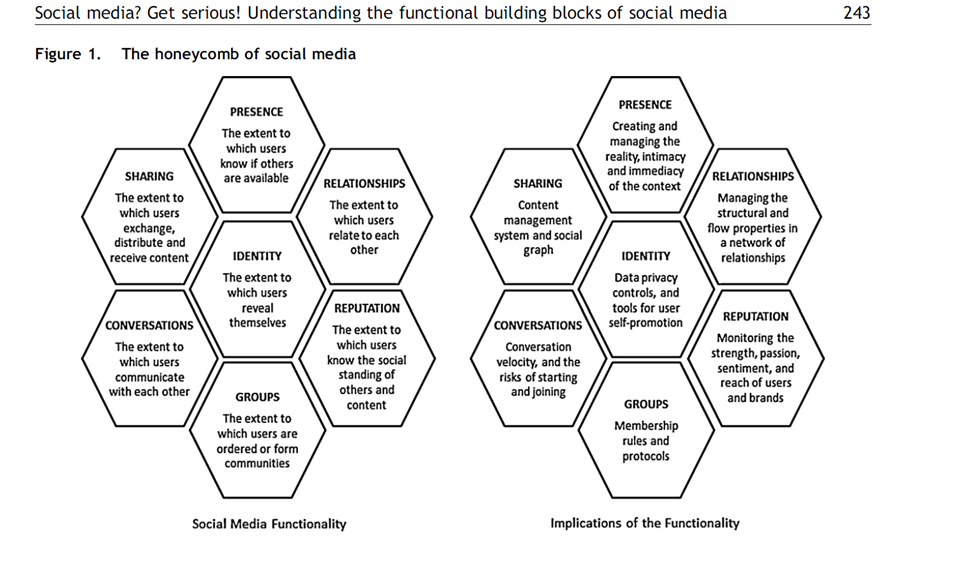Week 2 Reflection
This week, I learned the terms “Digital Natives” and “Digital immigrants.” Though a millennial, I struggle to classify myself as a Digital Native or a Digital Immigrant. I struggle with social media applications and prefer not to use them because they consume a lot of my time and leave me feeling drained. Being a "Digital Resident/Native/Netizen" or a "Digital Immigrant/Visitor" is not solely determined by age. It depends on one's access to technology and one's comfort level with using it. Many YouTubers, Instagrammers, and content creators from Generation X or early Millennials were not initially equipped with advanced technology or gadgets. Nevertheless, they have become proficient users, often driven by social or economic motivations. In addition, I have also become familiar with how social relations have changed over time, leading to glocalization, mean...

